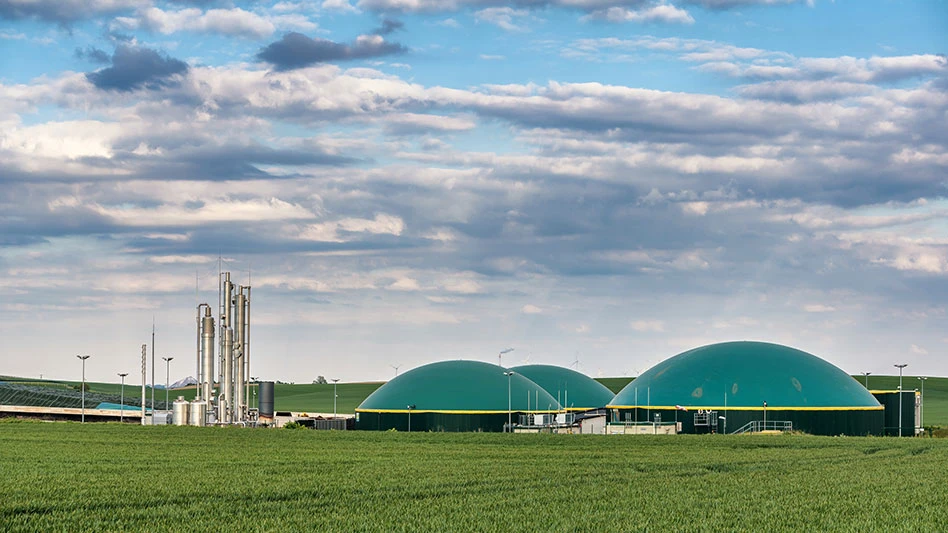
Kletr | stock.adobe.com
A U.S. biofuel coalition has recommended that the U.S. Environmental Protection Agency (EPA) propose federal mandates for biomass diesel blending for 2026 at 5.25 billion gallons, a significant increase from previous mandates.
The coalition, led by the American Petroleum Institute, also recommended total federal biofuel blending mandates for 2026 at 25 billion gallons, Reuters reports.
While the recommendations were for one-year mandates, the EPA is expected to release a proposal that covers both 2026 and 2027.
The coalition's suggestion of 5.25 billion gallons for biomass-based diesel mandates was slightly lower than the range of 5.5 billion to 5.75 billion gallons considered ahead of the meeting, as previously reported by Reuters.
The gas and oil industry and the Farm Belt’s biofuel are traditional competitors in the multibillion-dollar U.S. gasoline market but have come together to form a consensus at the request of the White House in recent months.
The new 5.25-billion-gallon figure from the API-led coalition is in line with a number recommended to the EPA by the Clean Fuels Alliance America, a Jefferson, Missouri-based biodiesel trade group, along with farm and feedstock groups.
The Advanced Biofuels Association (ABFA), Washington, joined industry leaders in supporting higher renewable fuel volumes and establishing multiyear renewable fuel standard (RFS) targets.
“The RFS has been instrumental in securing America’s leadership in liquid transportation fuels. Since its implementation, the advanced biofuels industry has delivered more than 23 billion gallons of low-carbon liquid fuels, reducing reliance on unstable foreign markets and bolstering U.S. energy independence,” says ABFA President Michael McAdams.
“Aligning RFS volumes with actual feedstock availability and establishing multi-year standards is not just about cleaner energy—it’s about ensuring a diverse and reliable fuel supply that supports rural economic development, stabilizes costs for businesses and consumers and reinforces America’s competitive edge in global energy markets.”
In late March, U.S. Secretary of Agriculture Brooke Rollins visited the state of Iowa and spoke with leadership from the Iowa Biodiesel Board to discuss biomass-based volume targets.
“Iowa’s biodiesel producers are at a standstill due to lingering regulatory delays on the RFS and the crucial biodiesel tax credit,” Iowa Biodiesel Board Executive Director Grant Kimberley says. “With instability in international markets, soybean farmers and biodiesel producers need a strong domestic market. Setting volumes at 5.25 billion gallons for 2026 will go a long way toward biodiesel production resuming at full speed.”
The EPA set biomass-based diesel mandates for the 2025 compliance year at 3.35 billion gallons.
Under the RFS, oil refiners must blend billions of gallons of biofuels into the nation's fuel mix or buy tradable credits from those that do.
Get curated news on YOUR industry.
Enter your email to receive our newsletters.More from our latest newsletter
- Aemetis increases monthly RNG production by 55 percent in March
- Veolia’s Arkansas hazardous waste treatment site wins environmental awards
- Meridian Waste donates $50K to community organizations









